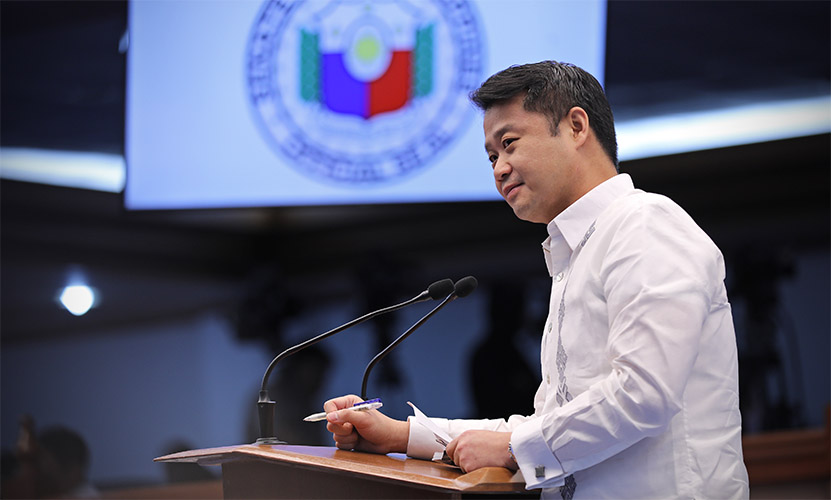Energy research institute creation to push through amid global oil price hike
- September 20, 2019
- 0

Senate Bill No. 172 aims to create an energy research and policy center to study the
research and policy gaps in the country’s energy sector to promote energy security, sustainability, and affordability.
Gatchalian made the call after the recent attack on the oil fields of Saudi Arabia, which could result in an increase of fuel prices in the Philippines. Around 33.7 percent of the country’s oil supply is being imported from Saudi Arabia, making it the country’s top oil supplier.
The lawmaker noted that this could leave the country vulnerable in terms of supply and currently, there’s no government agency that could provide the services targeted to be provided by Philippine Energy Research and Policy Institute (PERPI).
“The vision for this bill is really to enable the government and the academe to le
vel up the knowledge base and the research capabilities of the energy sector,” Gatchalian was quoted in a Manila Bulletin report.
“The creation of PERPI is crucial for the country since we are dependent on a lot of importation when it comes to energy. Over the weekend, the attack on Saudi oil fields leaves us vulnerable to a lot of supply shock,” he added.
The bill also mandates PERPI to do multidisciplinary energy research, develop cutting edge technologies, and build a partnership with the government when it comes to energy policy-making processes.
“Through PERPI, the government may undertake studies on short- and long-term policies on protecting the country from supply shocks; on the optimal minimum inventory/stockpile to cushion the impact of supply shocks; and the estimated effect on pump price because of certain supply shocks,” the solon said.
Gatchalian believes having our own energy research and policy institute is needed now more than ever.
“The energy sector is naturally characterized by rapidly changing technologies, which necessitates continuous study and research. The results of these inquiries are crucial in ensuring that energy policies are responsive to the evolving landscape of the energy sector and its effect on consumers,” he pointed out.